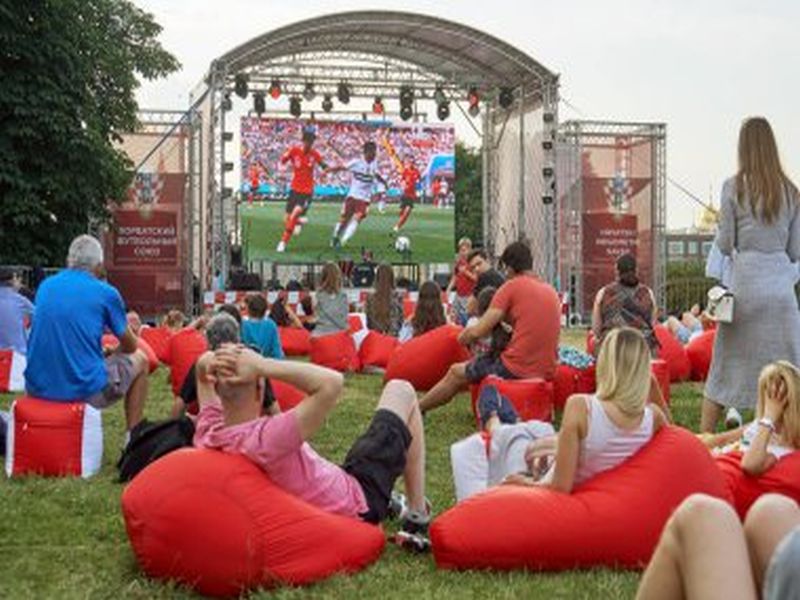Soccer, or as it’s known in many parts of the world, football, is more than just a game. It has the power to bring people together from all walks of life and unite them under a shared passion. With its global reach and large fan base, soccer has the potential to be used as a platform for promoting social justice and advocating for equality.
In recent years, there has been a growing trend of using sports, particularly soccer, as a vehicle for social change. With increasing awareness about issues such as racism, gender inequality, and discrimination against marginalized communities, more and more athletes are taking a stand and using their platform to speak out against these injustices.
One notable example is professional soccer player Marcus Rashford who plays for Manchester United in England’s Premier League. In 2020, Rashford successfully campaigned for the UK government to extend free school meals during school holidays after he shared his own experience of growing up in poverty. Through his activism on social media and collaboration with grassroots organizations, Rashford was able to make tangible changes that benefited millions of children across the country.
Similarly in 2018 during the FIFA World Cup in Russia, French players Paul Pogba and 축구중계 Kylian Mbappe made headlines not only for their performance on the field but also for their celebration dances known as “dabbing” which originated from African American hip-hop culture. This act sparked conversations about cultural appropriation and highlighted how sports can be used to challenge societal norms.
The power of soccer also extends beyond individual athletes speaking out; teams themselves have taken collective action in support of social justice causes. For instance, German Bundesliga team Borussia Dortmund displayed messages supporting diversity on their jerseys during warm-ups including phrases like “no racism” written in multiple languages before matches following protests over police brutality towards Black Americans.
Furthermore,in 2020 after George Floyd’s death at hands of Minneapolis police officers sparked widespread protests against racial injustice across United States, soccer teams all over the world showed solidarity by taking a knee before games and displaying messages of support towards the Black Lives Matter movement.
But it’s not just about taking a stand on issues of social justice, soccer has also been used as a tool to promote unity and inclusion. The 2018 FIFA World Cup in Russia saw teams and fans from different countries coming together to celebrate their love for the game despite political tensions between their nations. This only proves that through sports, people can put differences aside and come together as one.
Soccer broadcasting plays an essential role in this phenomenon of using sports for social change. With millions of viewers tuning in to watch games around the globe, broadcasters have a powerful platform to raise awareness about important social issues. By using their airtime for more than just sports coverage, they can educate viewers about important causes and inspire them to take action.
In conclusion, soccer has proven time and again that it is not just a game but also a powerful tool for advocating for equality and justice. From individual players to entire teams, everyone has a part to play in using this global sport as a force for good. As spectators, we too have an opportunity to support these efforts by actively engaging with messages promoting social justice during games or even beyond them by supporting organizations or movements endorsed by our favorite athletes or teams.




